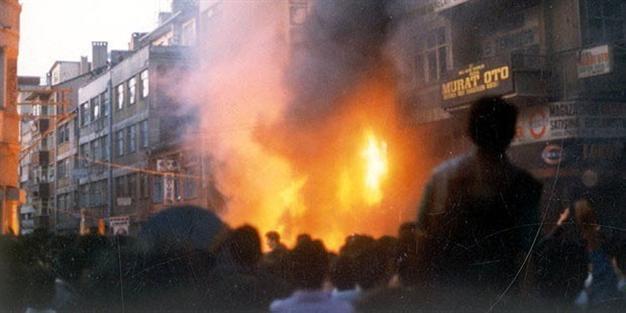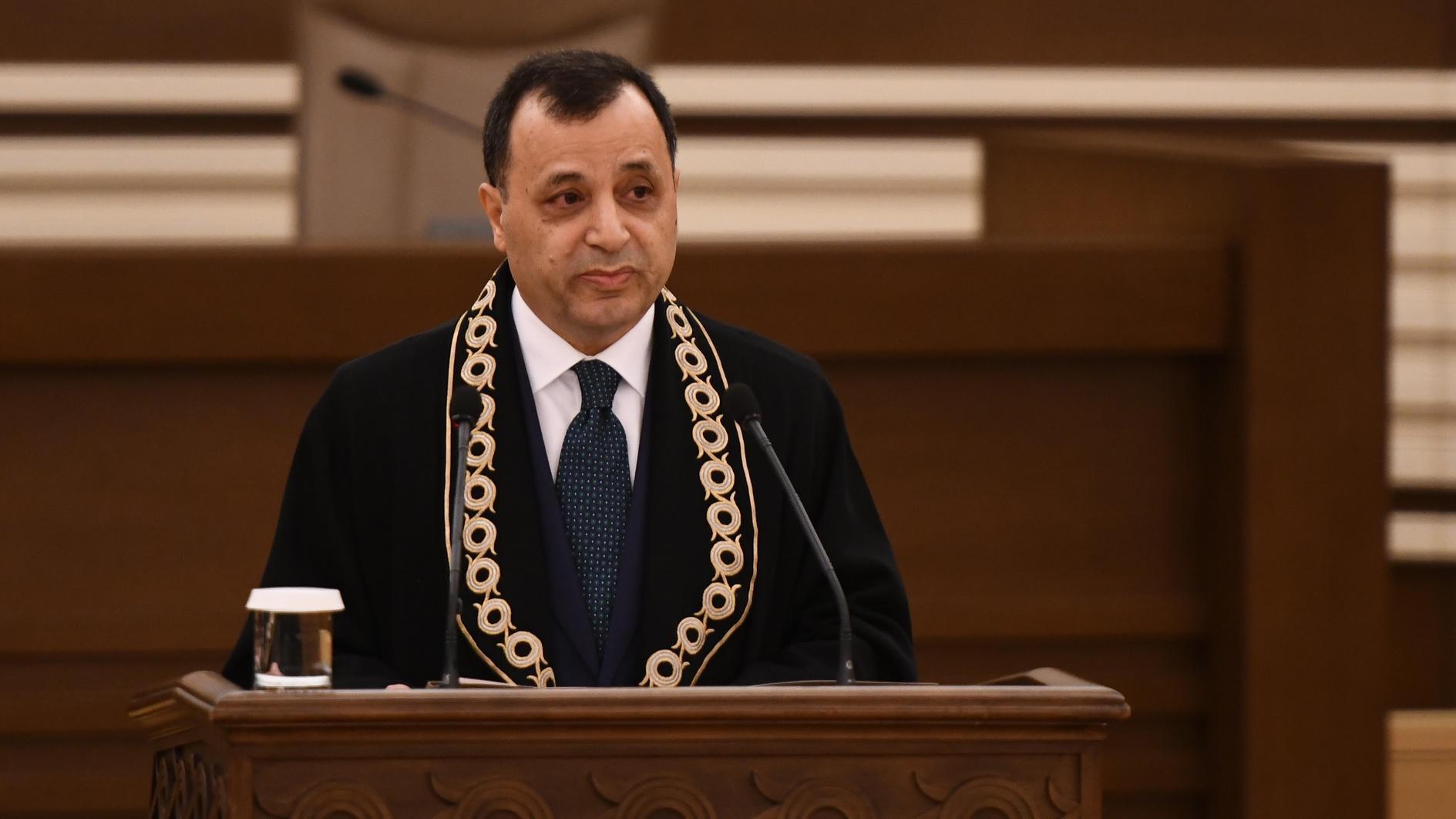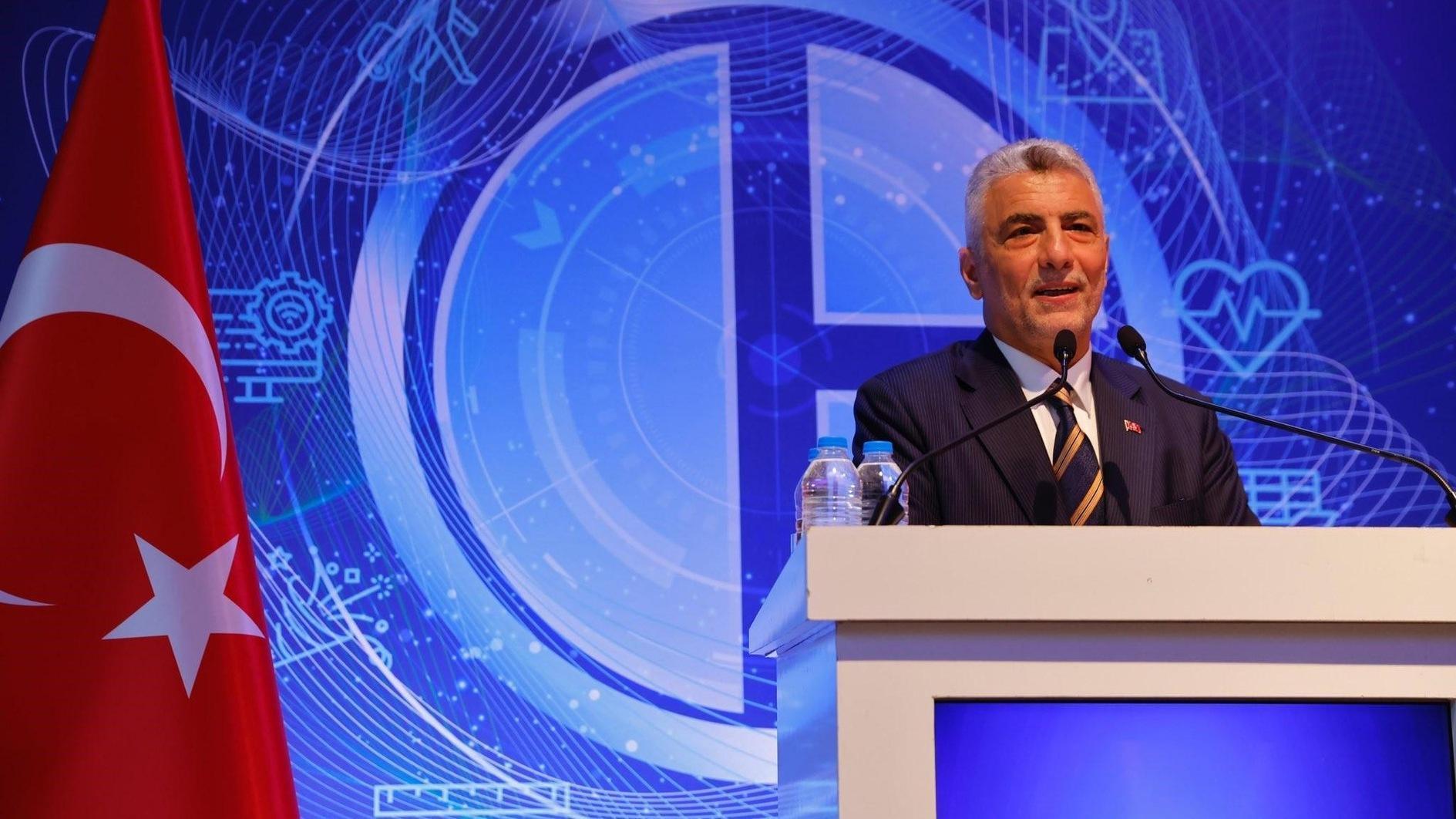Turkish state found responsible for 1993 Sivas massacre
ISTANBUL

Some 35 Alevi intellectuals and others were murdered in the Sivas Massacre as the state watched on, according to an audit report.
A top official audit board report into the 1993 Sivas Massacre has declared that the Turkish state is responsible for the arson attack on the Madımak Hotel, in which 35 people were burnt alive and two assailants died, as well as for deficiencies in the subsequent prosecution that has lagged for over 20 years.The State Audit Board (DDK) of the presidency, which started inspecting the attack upon an order by President Abdullah Gül in 2012, stated in its report issued July 15 that the Governor’s Office in the Central Anatolian province of Sivas showed “serious negligence and failures” in preventing the massacre.
The report accused the state of remaining a “spectator” to the attack, which eventually resulted in the killing of renowned Alevi intellectuals such as the poets Metin Altıok and Behçet Aysan, writer Asım Bezirci, and popular musician Muhlis Akarsu.
Noting that the torching of the Madımak Hotel on July 2, 1993, was the result of a gradual escalation of tension following the organization of a conference by an Alevi association that started a day earlier, the report said officials could have taken more safety measures to prevent the massacre.
“Despite the obvious social crisis developing [in Sivas] … the incident was caused after serious negligence and failures of the governor's office to take preventive measures such as the cancelation of the event, the dispersal of the crowd, the evacuation of the participants from the hotel, or the implementation of a curfew,” said the report, adding that “all the state dignitaries” at the time were responsible.
“For the [responsibilities] of its administrative and political organs, all the state dignitaries and their approach were just as responsible as the behaviors that caused the perception of provocation in the Sunni collective memory,” the report stated.
Turkey’s legendary short story writer Aziz Nesin, who had become a public target at the time for translating Salman Rushdie’s novel “The Satanic Verses” into Turkish, also attended to the event, and his presence was used by radical Islamists to spread anger before the attack. Nesin ultimately survived the fire, but was beaten by firefighters as he was rescued from the burning hotel.
Calling the killings a ‘massacre’
The DDK also stressed that what marks one of the worse cases of civil violence in Turkey’s recent history should legitimately be defined as a “massacre,” saying no signs of “conspiracy” or “provocation” were noted during the inspections and thus ruling out similar implications in former reports.
“The incidents that took place in Sivas … resulted in the death of 35 people inside an hotel by mobs of people who were out of control, who had lost their sense and who acted with feelings of hate … and should be defined as a ‘massacre,’” the report said.
It also said two of the assailants who died while participating in the attack were killed by gun shots by the security forces, while nine others were injured. It accused prosecutors of failing to inspect these incidents which breached regulations, but noted that the Sivas Governor’s Office also approved an internal inspection into the issue. The two assailants’ deaths increased the total death toll to 37.
‘No public officer investigated’
The report also pointed to difficulties faced during its compiling, saying evidence and information gathered during the 20-year-long investigation was “insufficient.”
The Ankara court overseeing the trial had dropped the case on March 2012, ruling that the charges against the suspects exceeded the statute of limitations of 20 years, stirring outcry. Up to that point, the case had gone back and forth, and there have been many calls for a re-trial.
The report also stressed that the lack of investigation into any public official was unacceptable.
“Unfortunately, due to the lack of any efficient judicial or administrative investigation against public officials, the [lack] of a perception of political responsibility, as well as our insufficient democratic standards, everyone preferred the convenience of pinning the crime on the mobs and society,” the report said.
It also criticized politicians’ attitude for having created rifts that “led to otherization within society.”
The Madımak Hotel has since become a symbol of discrimination faced by Turkey’s Alevi community, which has long demanded that the state turn the building into a memorial museum. The hotel was initially reopened after repair works, before eventually being turned into a science museum after it was expropriated in 2010. Victims’ families continued to demand that it be converted into a “museum of shame.”
















